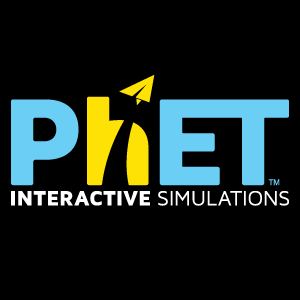This online course comes from the Open Learning Initiative (OLI) by Carnegie Mellon. “The course includes self-guiding materials and activities, and is ideal for independent learners, or instructors trying out this course package.”
"Does excessive exposure to violent video games cause violent behavior? Does increased gun availability cause more crime or less? This course examines the nature of causal claims and the statistical sorts of evidence used to support them." 'Our material is delivered in three forms - Concept modules, Case studies, and the Causality Lab. The Case Studies are a collection of over one hundred short news pieces (1-3 pages) - that each deal with some study concerned with a causal claim. They are listed in the Syllabus as part of the Appendix - and they can viewed alphabetically or in hierarchy by topical area (e.g. Health, Social Sciences, etc.). You will read several of them as part of the concept modules, but they are interesting in their own right and we urge you to explore them and find your own over the web. If you find a particularly interesting study we have not included, please send us the URL by email <oli-help@lists.andrew.cmu.edu>, and we will try to incorporate the study into the repository.
The Causality Lab is a virtual environment to simulate the science of causal discovery. The lab contains a "true" causal model behind the scenes that was created by the instructor (or another student), and your job is to set-up experiments, collect data, create hypotheses, and compare the predicitons from your hypotheses against the data to find the truth. Causality Lab exercises are included as a regular part of the course, but they are also available as a series of stand alone lessons accessible from the Syllabus in Unit 7: Causality Lab Lessons.
The "Concept modules" are meant to present the basic concepts and terminology behind Causal and Statistical Reasoning. Each is meant to cover about the same amount of material delivered in a textbook chapter. Each includes text, pictures, movies, simulations, questions for you to answer, and a quiz at the end of the module that you might be assigned to take for credit. They take anywhere between one to five hours to complete. We have grouped the modules into five topical areas: •Area 1: Causal Theories •Area 2: Statistical Evidence: Association and Independence •Area 3: Causal Theories --> Statistical Evidence •Area 4: Statistical Evidence -->Causal Theories: Problems •Area 5: Statistical Evidence -->Causal Theories: Strategies'





